‘Harry Potter GO’ Is Not Real – Stop Being Stupid And Think Before You Share Fake News
Following the instant success of Pokémon GO in summer 2016, rumours began that developer Niantic was working on another game – simply named Harry Potter GO.
This was proven to be false in 2016, even though news outlets such as NME and The Metro reported it was definitely confirmed. And now, several months later, the rumours have resurfaced and caused mass excitement across social media.
What is amazing about this, though, is one simple google search beyond the well-produced teaser video for the game is all you need to see Niantic officially deny this game is in production. It’s a critical issue of social media becoming the main source of news for many internet users out there.
Without the due-diligence of fact checking, these become big stories without ever actually existing in the first place. For something as menial as Harry Potter GO is just a well done troll, but for more dangerous stories, this lack of thinking before sharing can cause lasting harm to the values we hold true to ourselves – open & honest communication of the news around us.
So now I am here with a simple request – one that is a tough pill to for most people and which I direct towards the Facebook mums, the Twitter fiends, and those who don’t know any better. Please, stop being stupid.
Sharing fake news just sums up how openly numb to the world you can really be, willing to publicise what is not real and taking us one step closer to an Orwellian world of Newspeak.
If you have any level of common sense and rational human thought, please follow these two steps:
1. View the page of the original source – I know it can be tricky to just tap on the page of where that video came from (that bold text with a logo pictured next to it), but this will help debunk 99% of the fake news you post. Have a look through the original poster’s page and ask yourself one simple question… Does this look legitimate?
2. Google search the story – Now, this one can be painful – having to leave the application you spend the lion share of your life on to use a mobile web browser (disgusting, right?), but it’s another important step. Using Harry Potter GO as an example, typing that in immediately showed me this was a hoax as the #1 result. This was enough to indicate that I shouldn’t share this story.
My point about this? We don’t have a responsibility to scrutinise the world around us, otherwise that would lead to a sharp increase in tin foil hats. But we do have a responsibility to question it. Sometimes stories are not what they seem, and the advent of open social communication without stringent checks leads to a rapid increase in false facts.
For Harry Potter GO, I get it’s just me being a grumpy old man at the establishment of fake news – this isn’t a dangerous story that could negatively perpetuate our culture. But it’s a step (no matter how small) towards stories that do. So I ask you, on behalf of the human race, think before you share.
UPDATE: the promo video has recently been given a video annotation – “Help get this game made!” Share this video on Facebook and Twitter!” Very different to the initial perception.



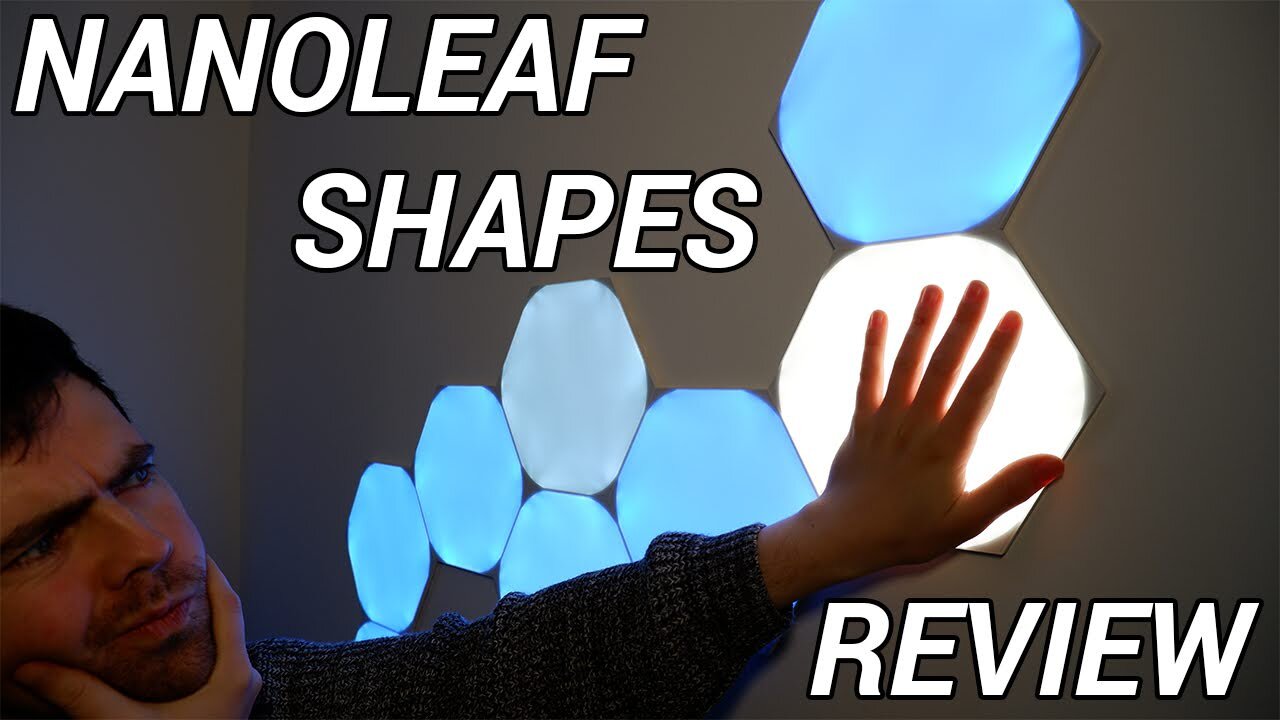
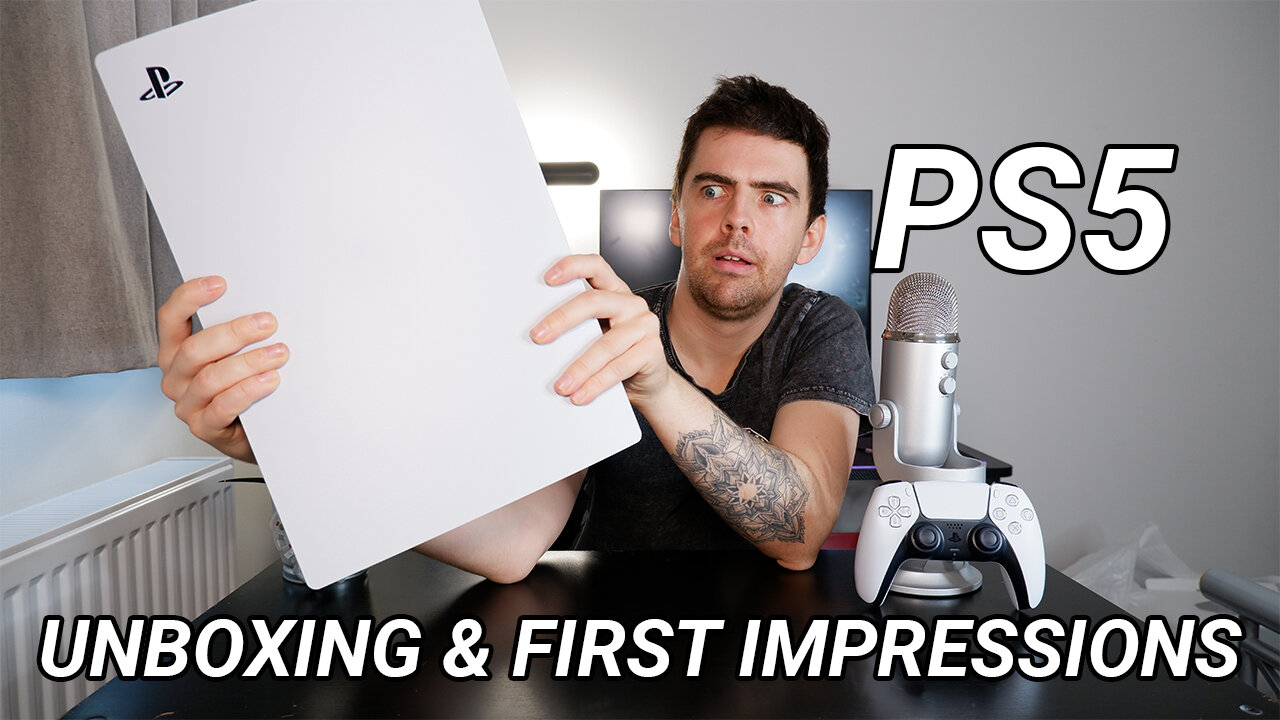
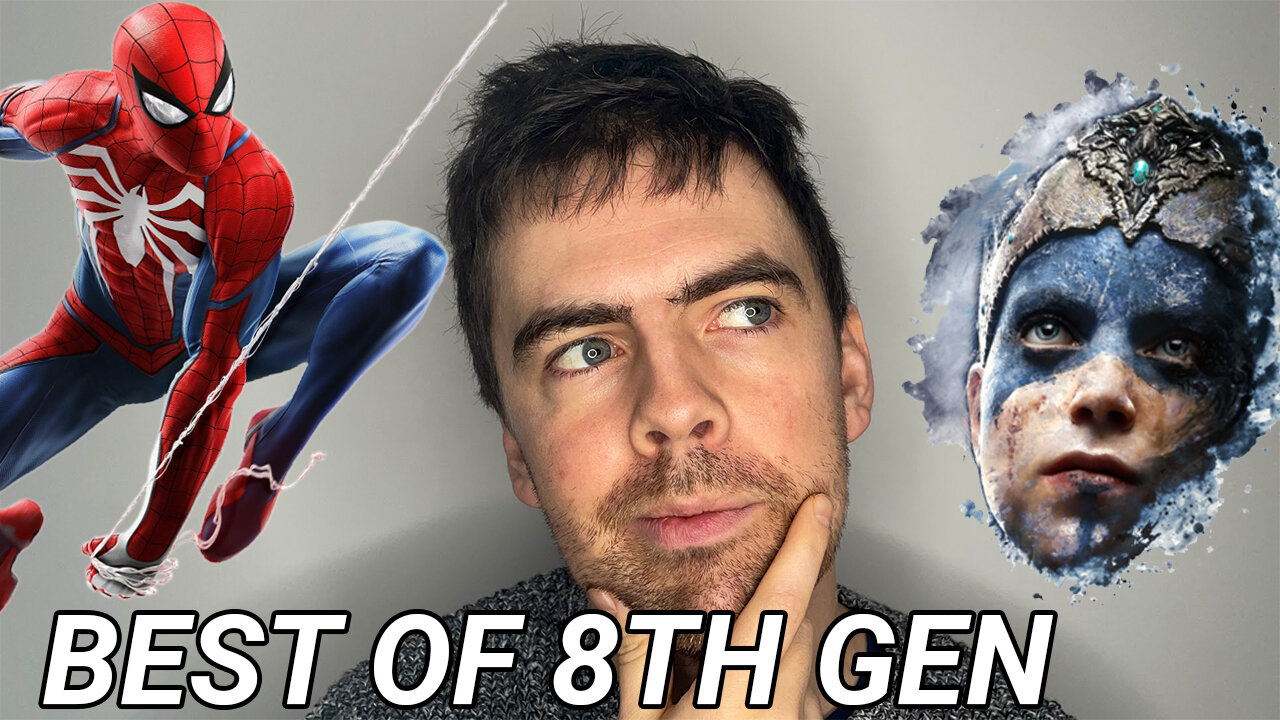



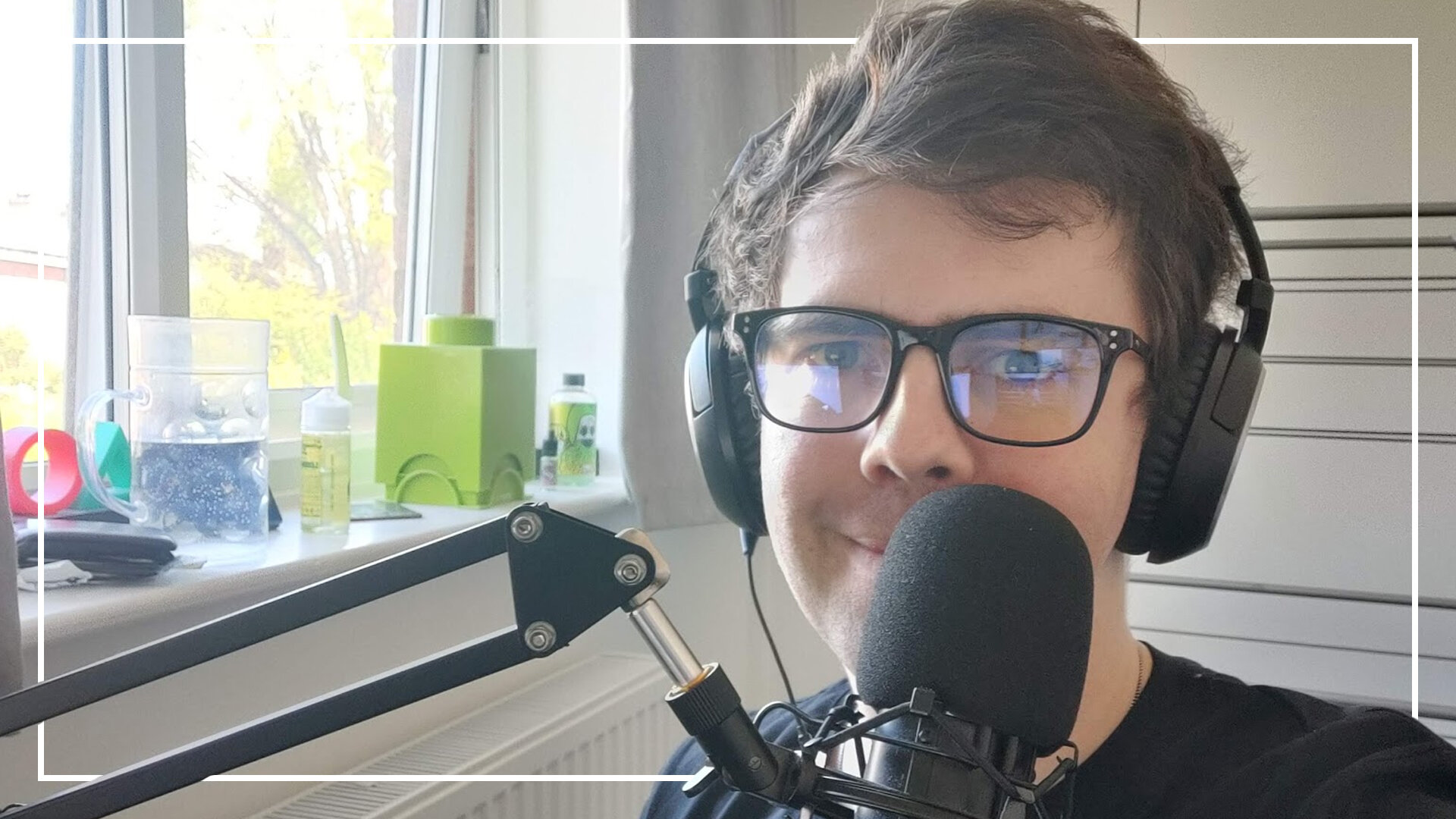
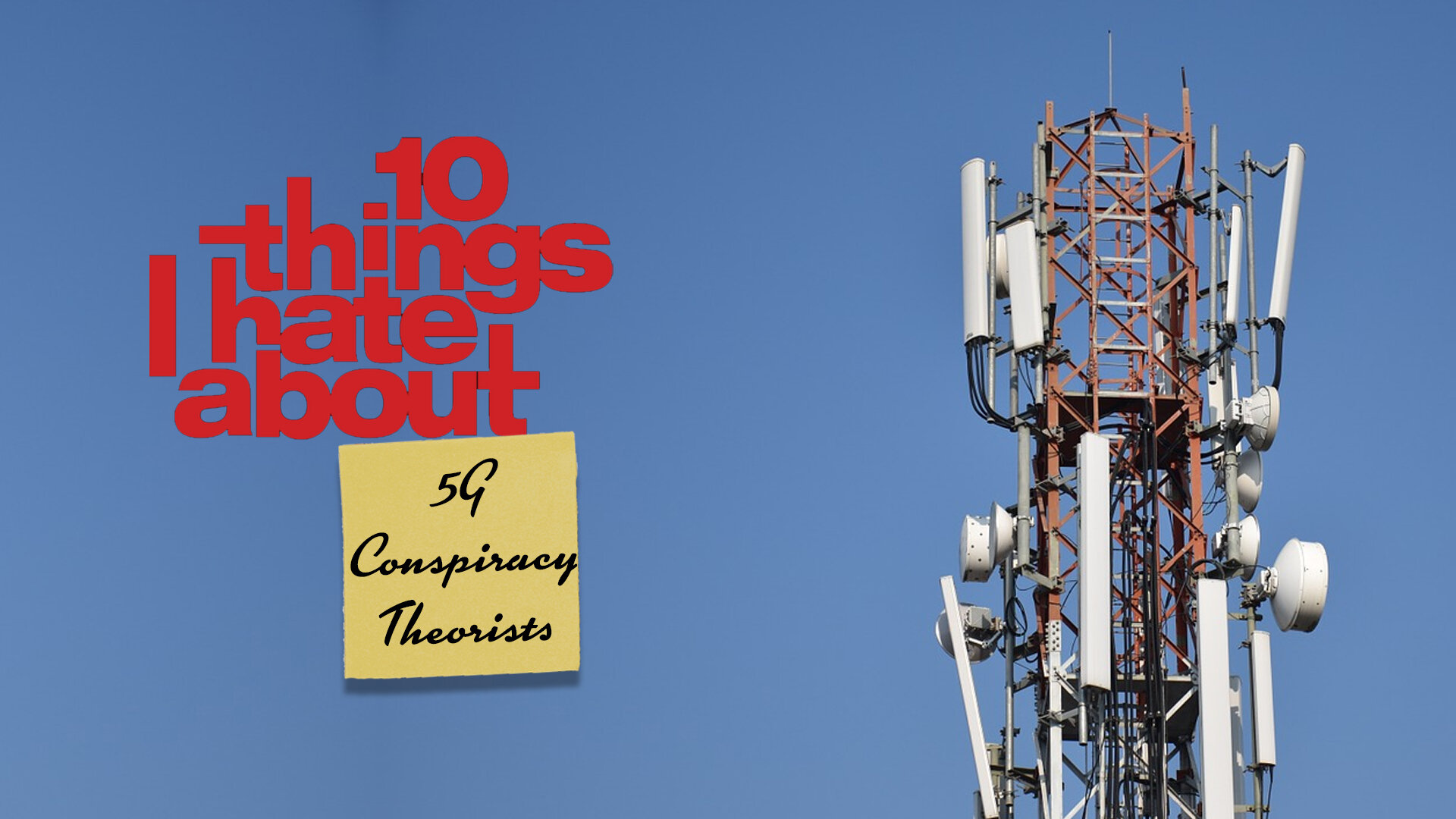
Alongside the scientists, 50% of the British public and the future health of young people across the nation, I have one simple request: delay Freedom Day, please.